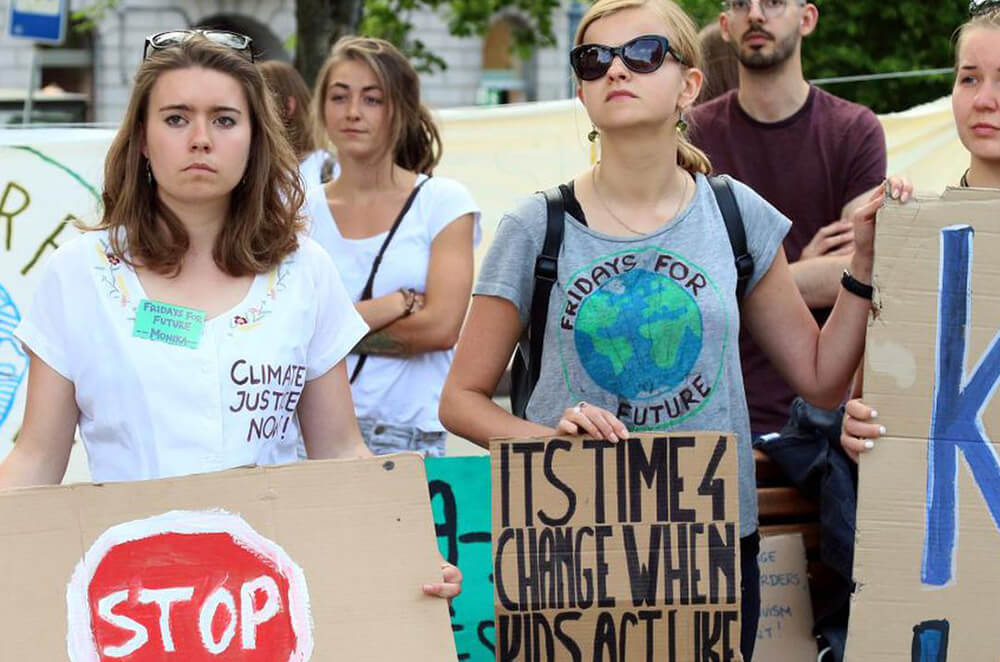
Three Latinas against climate change
Fecha: 30/03/2023
Women are the most vulnerable to the effects of climate change, and though they are mostly far from the roles of leadership and power that would allow them to offer solutions, many of them have in fact been able to close the gap.
In Latin America, women are leading the way with projects that will be essential for the future of our planet, from the Amazon rainforest to the streets of Mexico City.
Liz Chicaje Churay: An Amazonian heroine
“Nature is our greatest wealth. And indigenous people are the true caretakers of the forest.” This is the message that Liz Chicaje Churay has been sharing for over 20 years. And though strong and simple, it wasn’t easy to get it across to the authorities in her native Peru, or to society in general. But in 2018, after years of activism and awareness campaigns, Liz and her partners were successful in getting the government to officially create Yaguas National Park, a protected area of over 2 million acres of Amazon rainforest.
Liz Chicaje Churay is one of several indigenous women who have lately arisen as leaders of their communities and protectors of their home ecosystems. An activist since the age of 16, in 2021 Liz received the Goldman Environmental Prize for her efforts to protect the Amazon, one of the most biodiverse places in the world and indispensable for the survival of thousands of species and hundreds of indigenous communities, as well as essential in mitigating the effects of climate change.
Mónica Araya: The future of renewable energy is in Latin America
How can we build a society without fossil fuels? This is the question Monica Araya tries to answer not only in her already famous TED Talk, but also in her daily work as a consultant and expert in the transition to a net-zero economy. For the Costa Rican scientist, an important part of the answer can be found in developing countries, where there is still an opportunity to design a future based on renewable energies.
Araya has consulted on and helped develop dozens of clean energy projects in Latin America and the world. In 2021 she was included in the BBC’s 100 most influential women list, she is a distinguished member of both the ClimateWorks Foundation and the European Climate Foundation, and she is the founder of Costa Rica Limpia, an organization that connects people with clean energy solutions, especially in terms of transport.
Sandra Guzmán: Climate talk is money talk
It has become clear over the past few months, especially after recent debates at COP 27, that the effects of climate change are measured in money. This is something Sandra Guzmán, a Mexican environmental specialist, is well aware of; in fact, she has dedicated years to studying the financial aspect of climate change and making these numbers public through the Climate Finance Group for Latin America and the Caribbean, which she founded. She also works as a Manager on Climate Finance at the Climate Policy Initiative, where she is helping improve climate finance reporting systems.
Sandra has been participating in environmental summits for 15 years, fighting to get the financial complexities of climate change into the mainstream. Like Mónica Araya, she also highlights the fact that Latin American countries need to simultaneously increase their investments in renewables and reduce their reliance on fossil fuels. Sandra’s objective is to make it viable for Latin countries to reach their Paris Accord pledges. “There is still time,” she reassures.
